Disclosure: This article contains affiliate links. We may earn a commission from purchases at no extra cost to you, which helps our travel content.
The first time I witnessed the Northern Lights dancing above a snow-covered Alaskan landscape, I understood why indigenous peoples believed they were witnessing spirits moving across the sky. Fifteen years later, that sense of wonder remains undiminished each time I return to the North. Bethel, Alaska—a remote hub city in the Yukon-Kuskokwim Delta—offers one of the most authentic winter experiences you can share with someone special, far from the tourist crowds of Fairbanks or Anchorage. This guide distills my decade-plus of tundra travel experience into an actionable plan for couples seeking adventure in one of America's last true frontiers.
Understanding Bethel: Gateway to the Yukon-Kuskokwim Delta
Bethel isn't your typical tourist destination—and that's precisely its charm. Located 400 miles west of Anchorage and accessible only by air, this hub city of roughly 6,500 residents serves as the commercial and transportation center for over 50 surrounding Yup'ik villages.
When I first arrived in Bethel during a web development contract years ago, I was struck by its unique position between worlds: modern amenities juxtaposed against traditional subsistence lifestyles. The city operates on a rhythm dictated by weather and seasons rather than clocks and calendars.
While accommodations are limited, the Long House Hotel offers clean, comfortable rooms and serves as an excellent base for your adventures. What Bethel lacks in luxury, it makes up for in authenticity and access to experiences you simply won't find elsewhere. This is a place where dog sleds aren't tourist attractions—they're practical transportation for many residents during winter months.
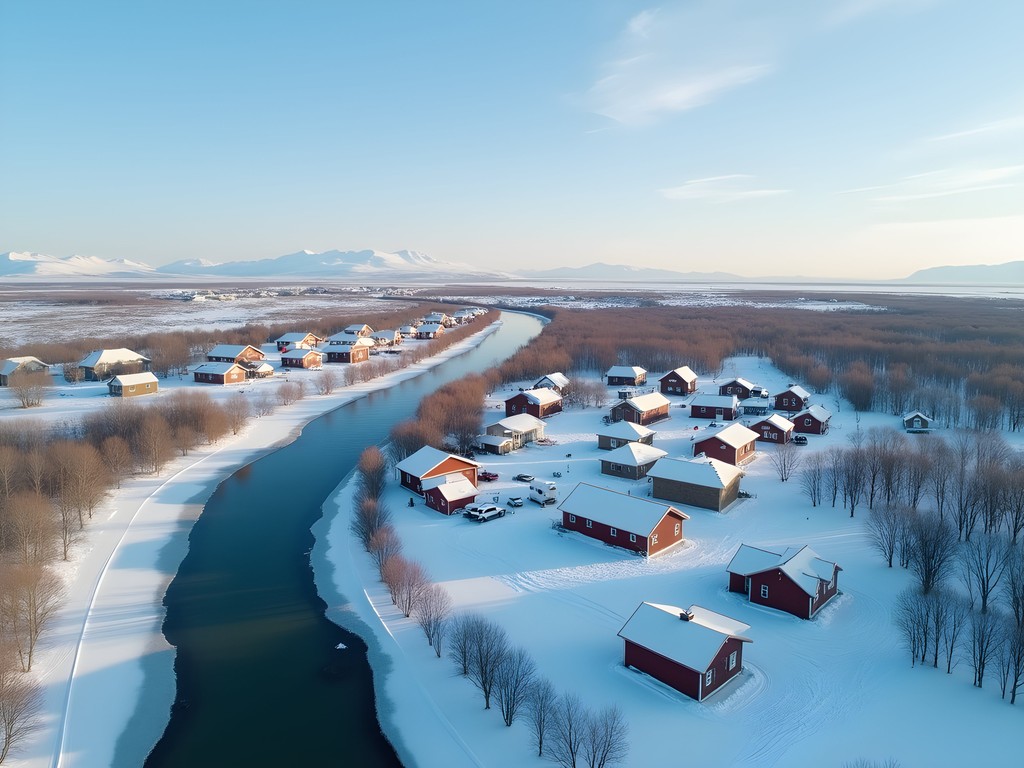
💡 Pro Tips
- Learn basic Yup'ik greetings to connect with locals
- Pack cash as ATMs are limited and some businesses don't accept cards
- Book accommodations at least 3 months in advance as options are limited
Dog Sledding: Experiencing Alaska's Traditional Transportation
Dog sledding isn't merely a tourist activity in Bethel—it's a cultural cornerstone and practical necessity. During my multiple winter visits, I've developed relationships with several mushers who maintain working dog teams for both subsistence activities and racing.
For couples seeking an authentic experience, I recommend booking with Yukon River Dog Sledding Adventures, operated by Peter Atchak, a lifelong musher and Yup'ik elder. Unlike tourist operations in more populated areas, Peter offers immersive experiences where you'll learn to harness the dogs, understand team dynamics, and eventually drive your own sled across the frozen tundra.
The standard half-day experience begins with an introduction to the dogs—each with distinct personalities and roles within the team. You'll help prepare the sleds and harness the animals, learning the traditional commands and techniques. Once underway, the sensation of gliding across the snow-covered landscape behind a team of eager huskies creates a profound connection to both the land and generations of people who've traveled this way.
Be prepared for temperatures that can plummet well below zero. I never venture out without my heated gloves and merino base layers. The investment in quality cold-weather gear makes the difference between a miserable outing and an exhilarating adventure.
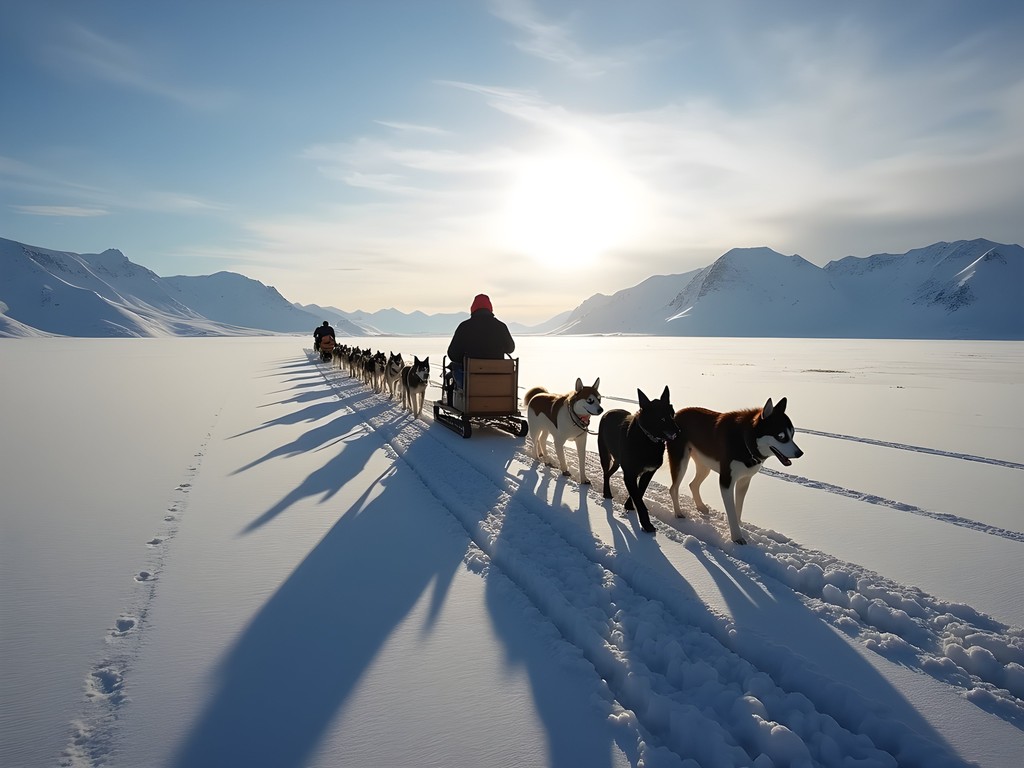
💡 Pro Tips
- Book dog sledding experiences at least 2 months in advance
- Ask to meet the lead dog—these intelligent animals are the true navigators
- Bring high-energy snacks to share with your musher during breaks
Northern Lights: Chasing the Aurora in Western Alaska
While Fairbanks often claims the spotlight for aurora viewing, Bethel's remote location offers distinct advantages for witnessing the Northern Lights. With minimal light pollution and positioning within the auroral oval, conditions are often ideal for spectacular displays between September and April.
During my winter visits, I've found that local knowledge is invaluable for aurora hunting. The Yup'ik people call the aurora ellam yua—the spirit of the sky—and have tracked its patterns for generations. Connect with guides at the Yukon-Kuskokwim Delta National Wildlife Refuge office who can direct you to optimal viewing locations based on current conditions.
For serious photography, I've spent countless nights experimenting with camera settings to capture the ethereal dance of the lights. My tripod has proven invaluable on frozen tundra, providing stability in challenging conditions. Pair it with a wide-angle lens to capture the expansive sky.
Perhaps the most magical experience is combining aurora viewing with an overnight stay in a traditional qasgiq (communal house) or modern adaptation. Several local guides offer these immersive cultural experiences where you'll learn Yup'ik stories about the lights while staying warm between viewing sessions. There's something profoundly connecting about huddling around a wood stove with hot tea, then stepping outside to witness ribbons of green and purple dancing overhead.
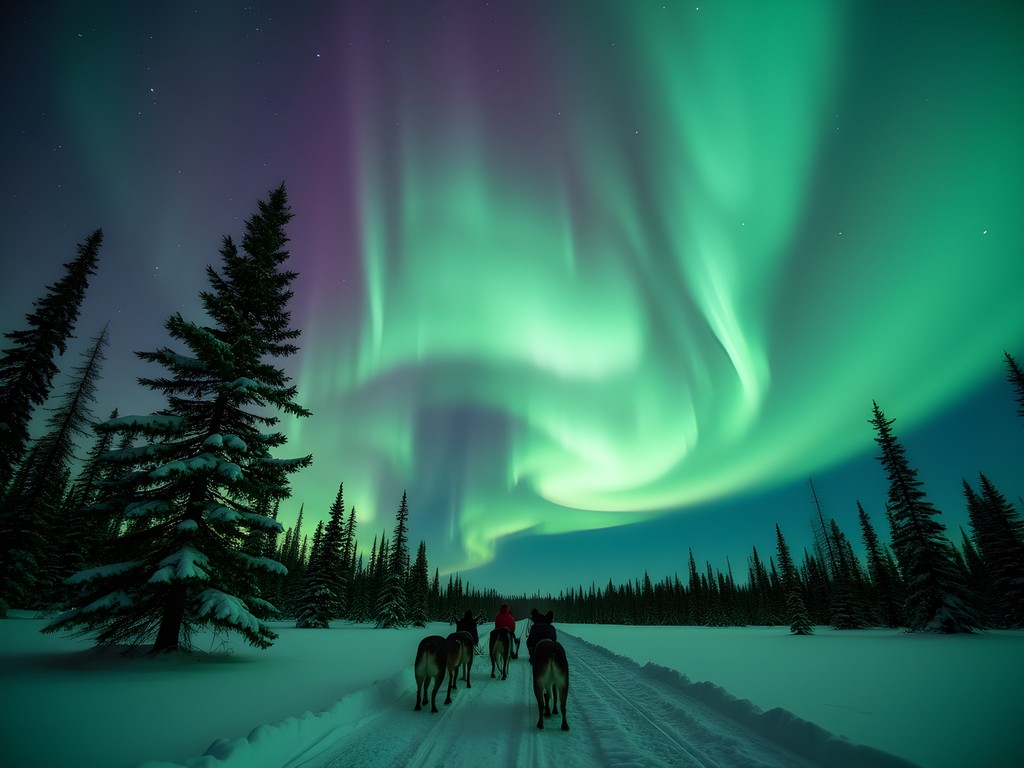
💡 Pro Tips
- Download an aurora forecast app like 'Aurora Alert' to maximize viewing opportunities
- Bring chemical hand warmers for camera batteries—cold drains them quickly
- Allow your eyes 20-30 minutes to fully adjust to darkness for optimal viewing
Cultural Immersion: Connecting with Yup'ik Traditions
What elevates a Bethel winter adventure beyond mere sightseeing is the opportunity to engage with living Yup'ik traditions. The Yupiit Piciryarait Cultural Center houses an impressive collection of traditional arts and historical artifacts, but the real cultural immersion happens through personal connections.
During my visits spanning fifteen years, I've been fortunate to develop relationships with several Yup'ik families who have shared their knowledge of traditional winter survival skills, storytelling, and art forms. The Bethel Cultural Center can help arrange demonstrations of traditional ivory carving, skin sewing, or drum making—all crafts that have sustained communities through harsh Arctic winters for millennia.
One of my most cherished experiences was participating in a traditional sweat bath followed by a brief (very brief!) snow plunge—an invigorating practice that builds both physical resilience and community bonds. These experiences aren't typically advertised but can be arranged through local connections.
For couples interested in deeper cultural understanding, I recommend bringing a thoughtful gift when visiting homes or attending community events. A quality insulated thermos filled with coffee or tea is always appreciated in this climate and serves as a practical token of gratitude for shared knowledge.
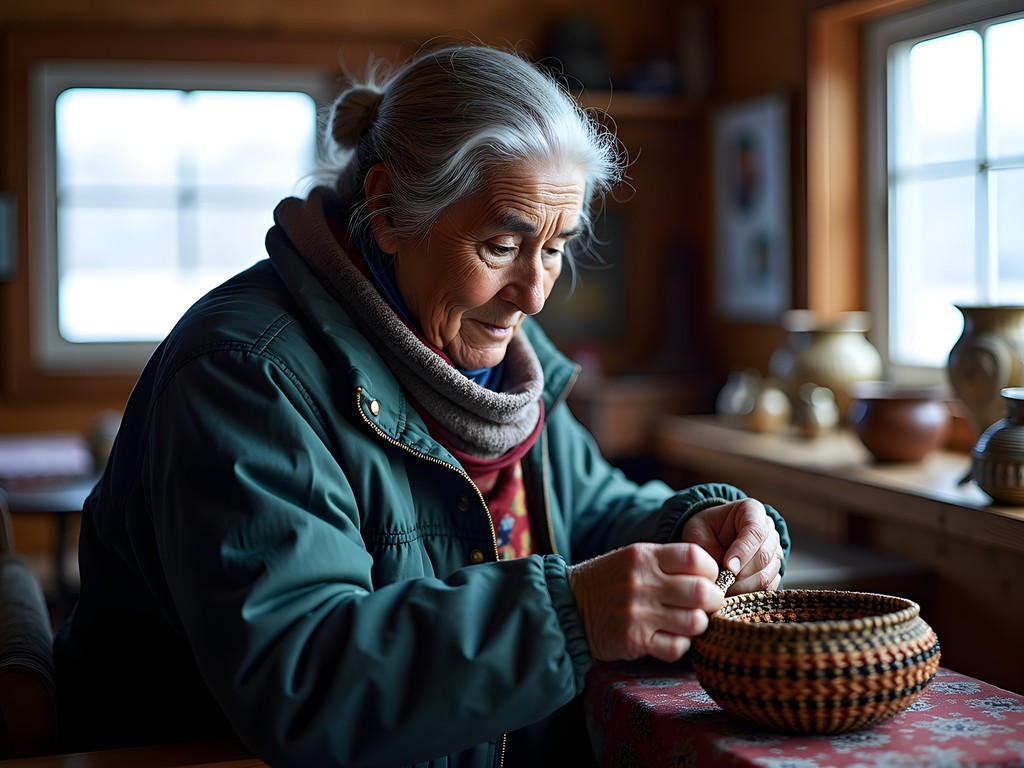
💡 Pro Tips
- Learn about traditional food practices before visiting—be prepared to try unusual local delicacies
- Attend a community potluck if possible—these gatherings showcase local hospitality
- Ask permission before photographing cultural activities or individuals
Winter Survival Essentials: Gear That Makes or Breaks Your Experience
After fifteen years of tundra travel, I've learned that gear selection can mean the difference between a transformative adventure and a miserable ordeal. Bethel's winter temperatures routinely plunge to -20°F (-29°C) or lower, with wind chill factors that can make it feel substantially colder.
The foundation of any winter kit is proper layering. I start with merino wool base layers that retain warmth even when damp. Mid-layers should focus on insulation—I've found that a down jacket under a windproof shell provides versatility for changing conditions.
Extremities require special attention. My insulated boots have kept my feet comfortable even during extended periods at -40°F (the point where Fahrenheit and Celsius converge). Complement these with wool socks and liner gloves under mittens.
Beyond clothing, I never travel in remote Alaska without emergency communications. Cell service is unreliable outside town, so a satellite messenger provides peace of mind and essential safety functionality.
Finally, protect your face from wind and cold with a balaclava and quality sunglasses—snow blindness is a real concern even in winter due to intense reflections off snow surfaces.
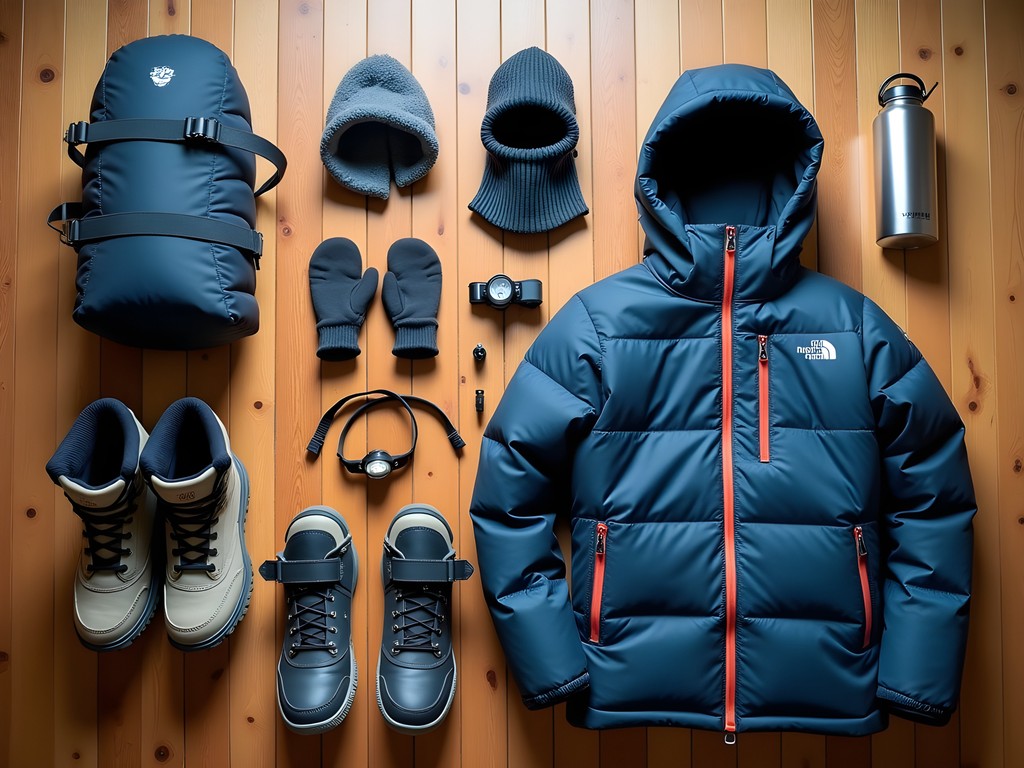
💡 Pro Tips
- Never wear cotton in winter environments—it retains moisture and accelerates heat loss
- Test all gear thoroughly before your trip—the Alaskan bush is no place to discover equipment failures
- Pack spare batteries for all electronics and keep them in an inside pocket close to body heat
Final Thoughts
As I've returned to Bethel across fifteen winters, I've witnessed subtle changes in both the landscape and culture, yet the fundamental character remains: this is a place where nature dictates terms and resilient communities thrive through cooperation and traditional knowledge. A week in Bethel won't just provide Instagram-worthy dog sledding photos or spectacular aurora viewing—it offers something increasingly rare in our hyperconnected world: perspective.
The rhythms of life here follow patterns established over thousands of years of human adaptation to one of Earth's most challenging environments. By embracing the discomfort of extreme cold and the limitations of remote living, couples often discover a deeper connection not just to each other, but to something more fundamental about our relationship with the natural world.
If you're seeking an adventure that transcends typical tourist experiences—one that challenges your preconceptions and comfort zone while rewarding you with unparalleled natural beauty and cultural insights—Bethel in winter awaits. Pack thoughtfully, come with an open mind, and prepare to be transformed by the vast white landscape and the warm hearts of those who call it home.
✨ Key Takeaways
- Book accommodations and experiences well in advance due to limited availability
- Invest in proper cold-weather gear—comfort and safety depend on it
- Build relationships with local guides for authentic cultural experiences beyond tourist offerings
📋 Practical Information
Best Time to Visit
December through March for optimal dog sledding conditions and Northern Lights viewing
Budget Estimate
$3,000-4,500 per couple for one week (including flights from Anchorage)
Recommended Duration
5-7 days minimum
Difficulty Level
Moderate To Challenging (Due To Extreme Cold And Remote Location)

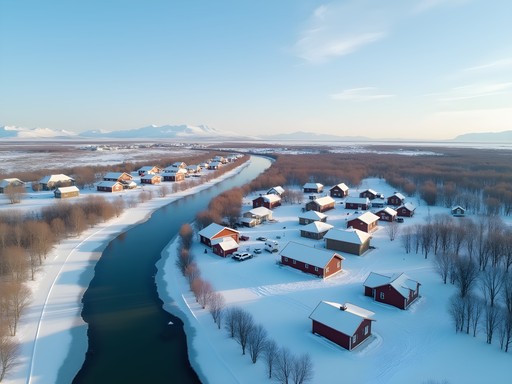
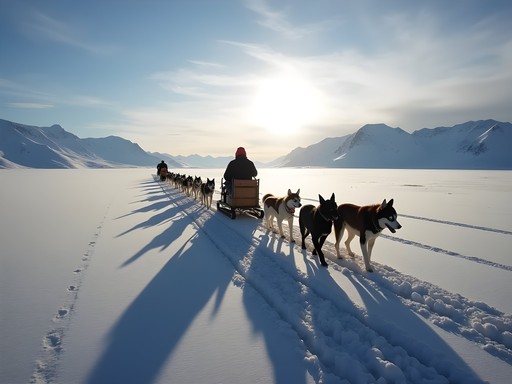
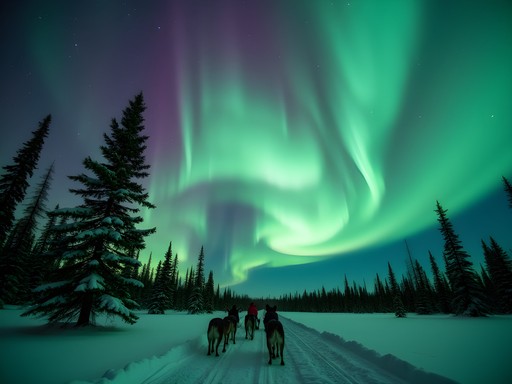
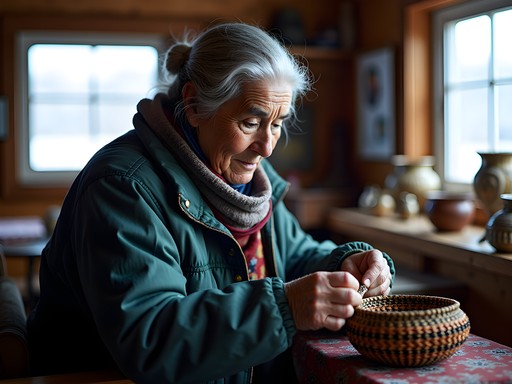
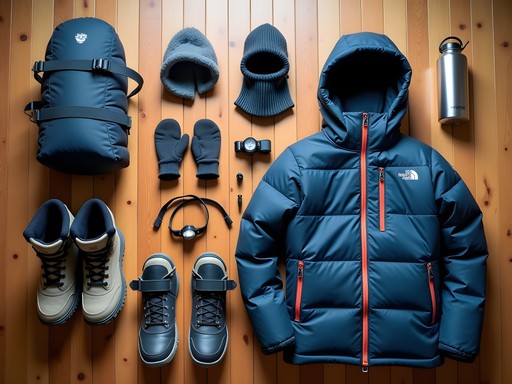


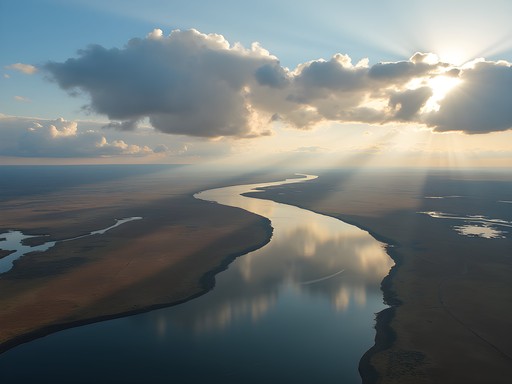
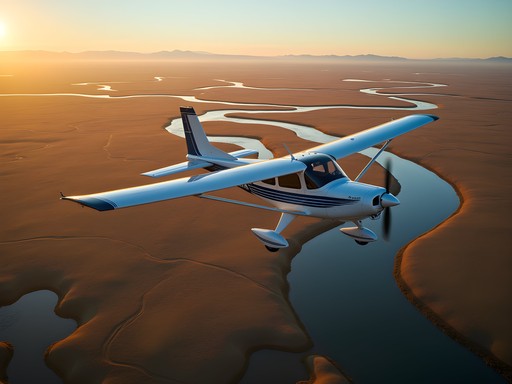
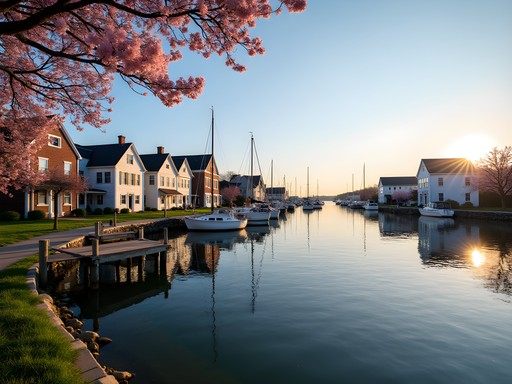
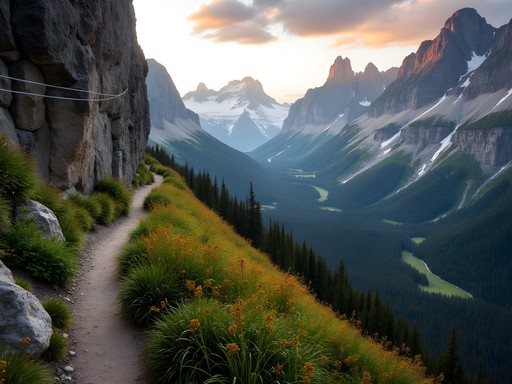
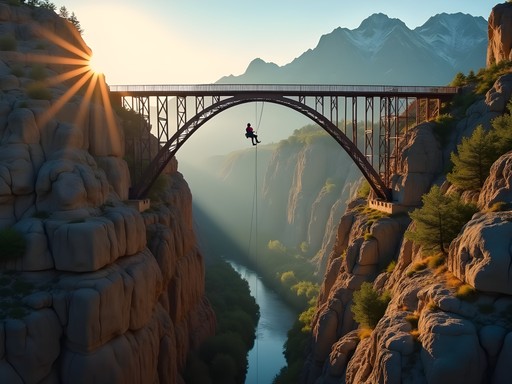
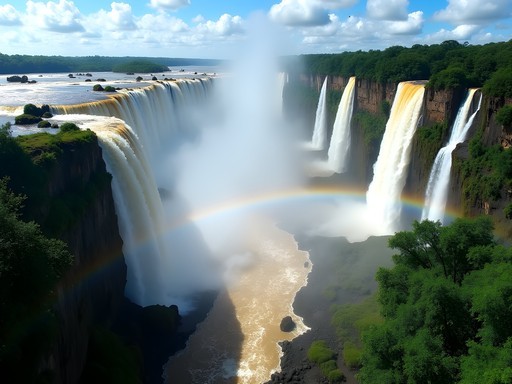
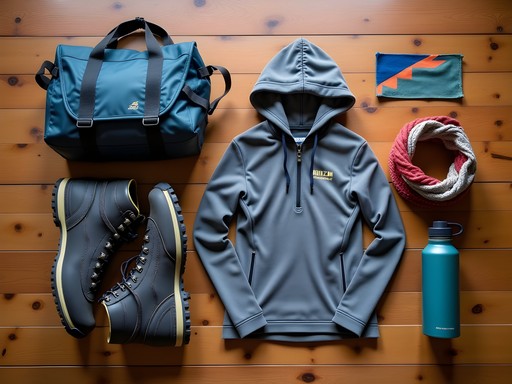
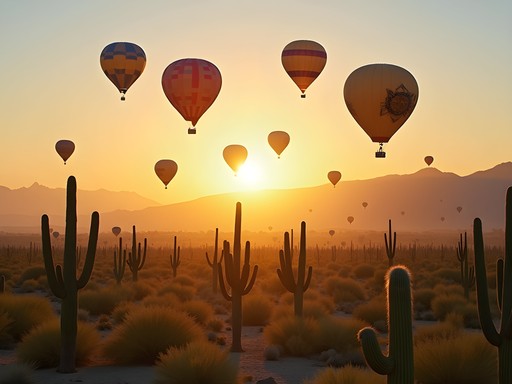
Comments
wildnorth
Just booked my tickets to Bethel for February after reading this! So excited!
Timothy Robertson
That's fantastic! Feel free to message me if you need any specific recommendations closer to your trip.
travelwithjen
Those Northern Lights photos are incredible! Bucket list trip for sure.
adventurerider
Any tips on best time in winter to see both dog sledding events and good aurora activity? Planning a trip!
Timothy Robertson
Late February to early March is your sweet spot! The Kuskokwim 300 sled dog race is usually in January, but there are smaller events throughout winter. By late February, you get longer days for activities but still dark enough nights for great aurora viewing. Plus temperatures are slightly more manageable than deep winter.
adventurerider
Perfect, thanks! Booking for early March then. How many layers did you wear for the nighttime aurora watching? I get cold easily lol
Frank Garcia
Not Timothy, but when I did aurora watching in northern Sweden, I wore 4 layers top and bottom, plus proper arctic boots. Hand and foot warmers are absolute lifesavers when you're standing still for photography!
adventurerider
Thanks Frank! Definitely adding hand warmers to my packing list.
Frank Garcia
Timothy, this is a remarkably comprehensive guide to winter in Bethel. I'm planning my first Alaska trip for January and have been debating between Fairbanks and somewhere more off the beaten path like Bethel. Your section on the cultural immersion really tipped the scales for me. Two questions: 1) How difficult is it to get around without a car in winter? 2) You mentioned changes over fifteen years - have you noticed the Northern Lights viewing changing at all with climate shifts? I've been reading that aurora visibility patterns are shifting in some regions. My Arctic photography guide suggests optimal viewing is changing in some locations.
Timothy Robertson
Hi Frank! Great questions. Bethel is compact enough that you can get around on foot for some things, but in winter, you'll want to arrange transportation in advance. Many guides provide pick-up services, and there are local taxis. As for the Northern Lights, I have noticed some changes in timing and intensity. The viewing season seems to be extending slightly, but local weather patterns are less predictable now. If aurora photography is your priority, I'd recommend splitting your time between Bethel and Fairbanks to maximize chances.
luckyninja
Wow, this post brought back so many memories! I visited Bethel two winters ago and the dog sledding was INCREDIBLE. The connection with the dogs and the silence of gliding through the snow was unlike anything I've experienced before. Did you stay with any local families during your time there? I found that was the best way to really understand Yup'ik culture beyond the tourist experience. Still trying to perfect my akutaq recipe that a local grandmother taught me!
Timothy Robertson
Thanks for reading, luckyninja! Yes, I've stayed with several families over the years. You're absolutely right about the cultural immersion - nothing beats sitting around a kitchen table listening to stories while preparing traditional foods. And akutaq is tricky! Took me years to get it right.
luckyninja
Any tips on the akutaq? Mine never gets that perfect consistency!
Timothy Robertson
The secret is in the whipping technique and making sure the berries are the right temperature - not frozen solid, but definitely cold. Maybe I'll do a separate post on Yup'ik cuisine!
starbuddy
How hard is it to get to Bethel? Worth the hassle compared to Fairbanks?
freeblogger
Not OP but I've done both. Bethel is definitely more remote (fly from Anchorage) but way less touristy. Fairbanks is easier but crowded during aurora season.
Sage Dixon
I'd add that Bethel gives you that authentic Alaska experience that Timothy describes. The dog sledding there isn't a tourist attraction - it's still a way of life. Definitely harder to reach but that's part of what makes it special.
Sage Dixon
Timothy, your fifteen winters in Bethel give you such unique perspective! I visited last February and was blown away by the Yup'ik cultural experiences. The elder who taught us about traditional navigation using the stars completely changed how I view indigenous knowledge systems. One tip for anyone heading there - the hand warmers were absolute lifesavers during our 3-hour dog sledding adventure. I tucked them into my gloves and boots. Also worth noting that our guide mentioned January-March typically offers the best combination of decent daylight hours and aurora activity. Did you find the same pattern over your years there?
Timothy Robertson
Great observations, Sage! Yes, Jan-March is that sweet spot. December is often too cloudy, and by April the nights get too short for prime aurora viewing. The Yup'ik star navigation knowledge is incredible - did you learn about how they incorporate it with weather prediction too? That's a whole other level of environmental awareness.
coffeepro
OMG I'm literally planning a winter trip to Alaska right now!! This couldn't be more perfect timing. I've been worried about how cold it would be though. How many layers did you wear for the dog sledding? And did you have any issues with camera batteries in the cold? So excited but also nervous about the temperatures!
Timothy Robertson
The cold is real but manageable with proper gear! I wore 3-4 layers including a good base layer and serious down parka. For cameras, I kept spare batteries in an inside pocket close to my body and swapped them when needed. The locals will help you prepare - they're experts at winter survival!
coffeepro
Thanks so much for the tips! Going shopping for base layers this weekend!
freeblogger
Those Northern Lights shots are incredible! Been on my bucket list forever.
Timothy Robertson
Thanks! They're even more breathtaking in person. Hope you get to experience them soon!
vacationblogger
Great post! How physically demanding is the dog sledding experience? I'm traveling with my 65-year-old mother who's reasonably fit but not an athlete. Would she be able to handle it or should we just book a passenger experience?
Timothy Robertson
Great question! Most tour operators offer both options. For first-timers and those concerned about physical demands, I'd recommend starting as a passenger. It's still incredibly immersive, and many tours stop halfway to let passengers try handling the sled on easier terrain. Just make sure to book with an operator that uses sleds with comfortable seating - Arctic Adventures or Kuskokwim Trails both have great setups for passengers.
Hunter Thompson
I took my dad (68) dog sledding in Norway and he managed fine as a passenger! He loved it and didn't feel like he missed out by not driving. Just make sure she has proper gear - the cold is the bigger challenge than the physical activity.
vacationblogger
Thanks both! This is super helpful. We'll look into the passenger option with Arctic Adventures and make sure we're properly bundled up!
Venture X
Premium card with 2X miles, $300 travel credit, Priority Pass